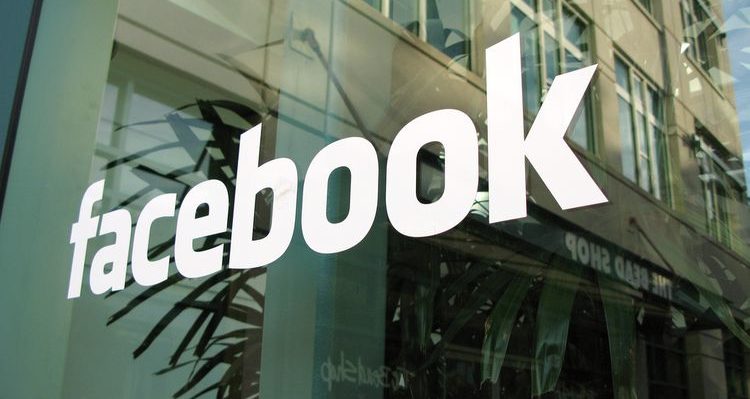
Photo Credit: Google Images
Perhaps the most distressing part about Facebook’s well-documented data privacy issues over the past 12 months is the fact that we’ve been having the same discussions about Facebook ever since 2006. In more than a decade, Facebook has never entirely cleaned up its act. Even after Facebook execs went on a “public apology” tour in early 2018 and Mark Zuckerberg sat down for two days of public testimony in front of Congress, the stories about Facebook data privacy issues continued to drip, drip, drip into the public consciousness throughout the year.
The culture of Silicon Valley does not respect data privacy
And now it looks like Facebook’s fast-and-loose approach has also been part of “business as usual” at Silicon Valley’s tech giants. Google, for example, has come under enormous public scrutiny for a wide range of alleged abuses of data privacy – everything from surreptitiously tracking users on their mobile phones to reading personal Gmail messages to inadvertently exposing personal information and data of hundreds of thousands of Google+ users.
And it’s not just Facebook or Google, either. You could just as easily blame the whole ecosystem of third-party developers that depend on access to user data in order to get their apps to work properly. Or, you could just as easily blame big tech brands like Yahoo, Spotify, Netflix, Bing and Samsung – all of whom have tried to carve out special sweetheart deals with Facebook. There’s a reason why Facebook grew from just 8 million users in 2006 (when the first data privacy issues bubbled to the surface) to 2 billion users today. It’s in Facebook’s business and financial interests to be as ubiquitous as possible, and the only way to do that is by leaving the back door to the house unlocked and the keys to the car in the ignition.
And, let’s face it, Internet users need to hold themselves accountable as well. We all pretend to read privacy statements, but in reality, we really just want to check the little box and get on with our lives. And we all want to show up on a website like Amazon or Netflix and have a completely personalized experience just waiting for us, without the need to type in all of our data over again (and again).
A new zeitgeist around data privacy and respect for the individual
But something changed in 2018. Maybe it was the changing of the zeitgeist. We no longer viewed Mark Zuckerberg as a shining example of a Silicon Valley success story – instead, there has been a huge backlash against Zuckerberg and Facebook. It’s not only a “Delete Facebook” movement that has gathered buzz and momentum on the Internet – it has also been calls for Zuckerberg to step down as Facebook CEO, or to break up the company entirely. The same logic that has infected Facebook has also infected all the other pieces of the Facebook kingdom, including Instagram.
Moreover, the launch of the European General Data Protection Regulation (GDPR) in May 2018 seems to have emboldened Internet users to fight back against the likes of Facebook and Google. New lawsuits are being prepared against these tech giants, and it’s now clear that “business as usual” could result in millions of dollars of fines and penalties.
Is it time for the government to get involved?
So it’s perhaps no surprise that many now predict the United States could launch a similar type of data privacy law to the GDPR in 2019 or 2020. Collectively, Internet users seem to be waking up from a giant delusion – the idea that we could use a product for free and not somehow be taken for a ride by giant corporations. Clearly, data privacy needs to be something that is baked into a social network from the very beginning, and not just something added on at the last moment when regulators start making a lot of noise. If we can no longer trust Facebook and Google to make these changes themselves, then it may be time for federal regulators to make those changes for them instead.